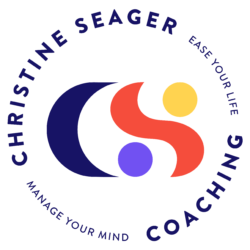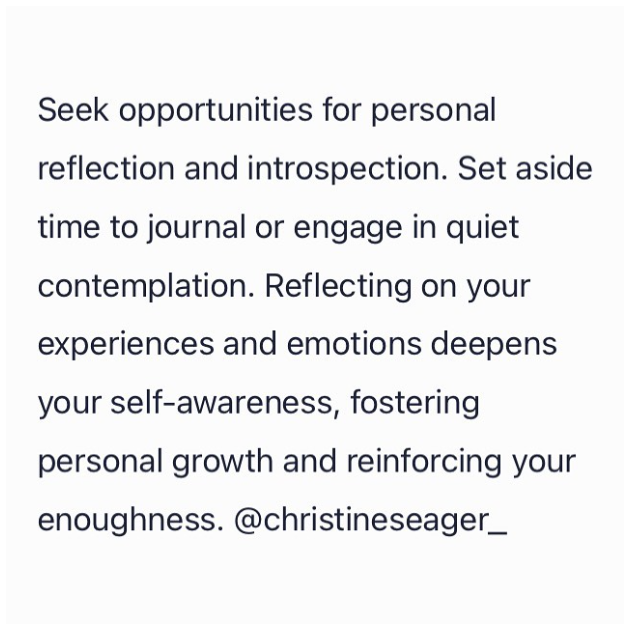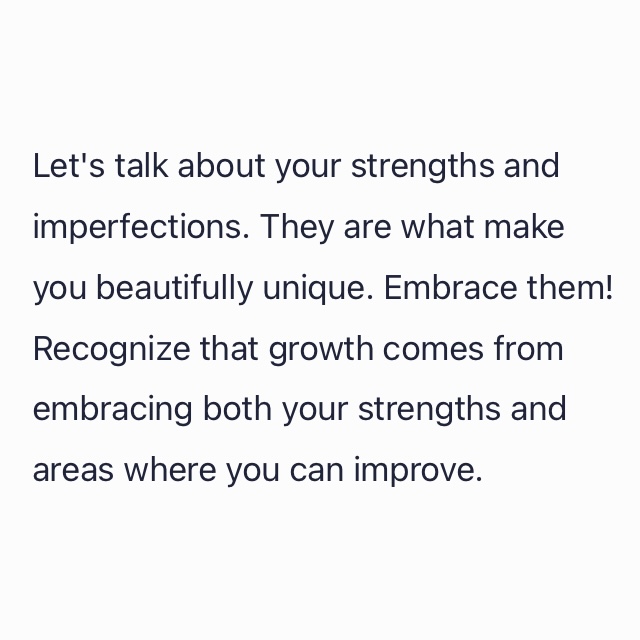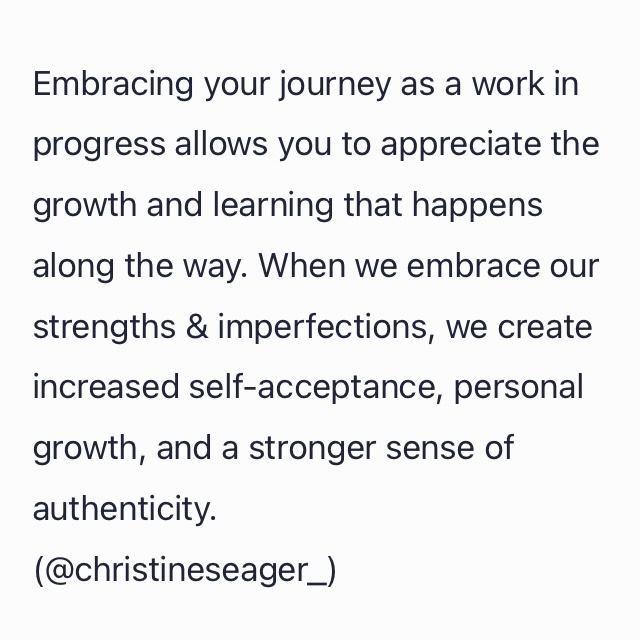Have you ever noticed how fast your brain jumps to worst-case scenarios?
You hear a code blue overhead, and your stomach tightens.
You’re about to walk into a shift with a tough patient assignment, and you’re already bracing.
You get a vague email from your manager that says, “Can we talk?” and your brain goes straight to “What did I do wrong?”
That internal alarm system is strong—and for good reason.
In healthcare, being alert and prepared can literally save lives.
But here’s what we don’t often hear:
Just as there’s always an opportunity for anxiousness, there’s also an equal opportunity for calm.
You might not feel calm in that moment.
You might not even believe it’s an option.
But it’s there.
The same brain that spins out with stress is also capable of grounding you.
And the same situation that brings up overwhelm could also be an invitation to find courage, clarity, or even joy.
Let’s break this down.
The Default: “What if something goes wrong?”
Healthcare trains us to expect problems.
From nursing school to the floor, we’re taught to spot what’s not normal, anticipate complications, and catch things early.
And that’s a skill you need.
But if you’re not careful, that skill can hijack your nervous system—and your day.
Without noticing, you start assuming that bad news is coming.
You live in constant readiness for the next crisis.
And you start to feel like anxiousness is just your baseline.
The Other Option: “What if this is okay?”
This is the part we’re not trained for.
What if your patient’s condition is stable?
What if that email from your manager is about something good?
What if today’s shift goes more smoothly than expected?
What if you don’t need to brace for impact, because nothing is crashing?
The brain won’t offer those thoughts automatically.
But you can practice them.
And the more you do, the more accessible they become—even on your worst days.
Emotions Come in Pairs
Here’s the truth most of us don’t realize:
Every time there’s the potential for fear, there’s also potential for courage.
Every time there’s an urge to panic, there’s an equal chance to choose peace.
And every time you feel resentment, frustration, or guilt… there’s a sliver of space to access something else—curiosity, pride, maybe even joy.
That doesn’t mean you’ll always feel the “positive” emotion right away.
It doesn’t mean you’re doing something wrong if anxiety still shows up.
But it does mean that the opposite emotion is always available. And you can reach for it.
A Practical Example
Let’s say you’re dreading your shift tomorrow.
You’ve already started feeling heavy. Maybe you’re thinking:
• I’m going to be exhausted.
• I won’t get a break.
• I’ll probably get floated or have a rough assignment.
All of those might be true. But here’s where the shift can start.
Ask yourself:
• What else might be true?
• What’s a more helpful thought I could practice?
Try on one of these:
• “I can handle whatever comes up tomorrow.”
• “There’s a good chance something goes right.”
• “It’s possible I’ll laugh with a coworker or feel proud of how I show up.”
Even just considering those possibilities can calm your nervous system.
This Isn’t About Toxic Positivity
Let’s be clear: I’m not telling you to slap a smile on and pretend everything’s fine.
This is about building mental flexibility.
So you’re not stuck in anxiety, dread, or guilt as your only options.
So you can notice the truth: that every hard emotion has an equal and opposite emotion standing quietly beside it, waiting to be noticed.
Try This Today
1. Notice the Negative Emotion
Name it. Don’t fight it. Just observe: “I feel anxious,” or “I feel overwhelmed.”
2. Ask What the Opposite Could Be
If you’re feeling guilt, could there be compassion?
If you’re feeling dread, could there be determination?
3. Practice a Thought That Points You There
Something simple and believable.
“This is hard, and I’m doing it anyway.”
“It’s okay to feel both nervous and capable.”
“Maybe this shift won’t suck.”
4. Repeat As Needed
Not once. Not perfectly. Just keep noticing the other half of the truth.
You don’t have to get it “right.”
You just have to stop assuming the hard stuff is the whole story.
Because for every anxious thought, there’s an equally real and available one waiting to calm your system.
And when you learn to practice both, you start living a different kind of life—even on the job.
Want to feel more confident and calm—without needing your job to change first?
That’s what we do in coaching.
Book a complimentary call to see what this work could look like for you here.
Reminder: as part of the benefits offered at Logan Health, employees get free coaching sessions. You can book a coaching session here.






